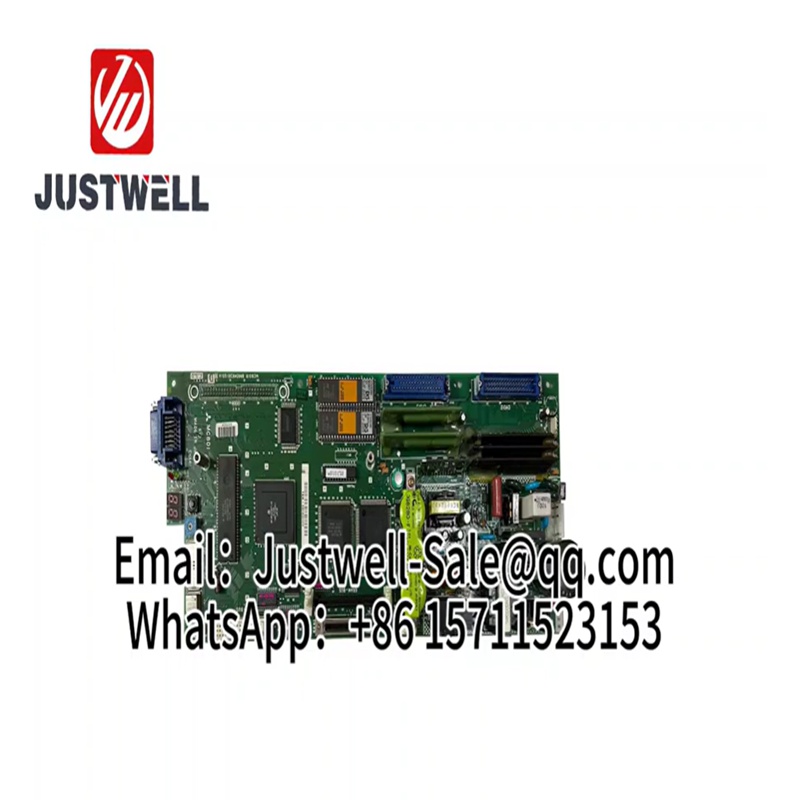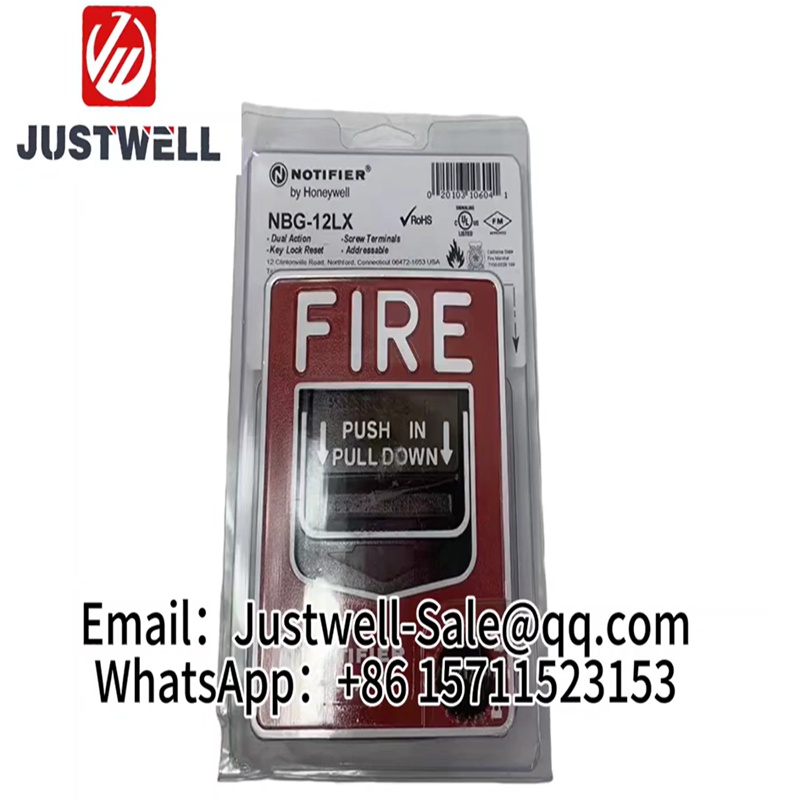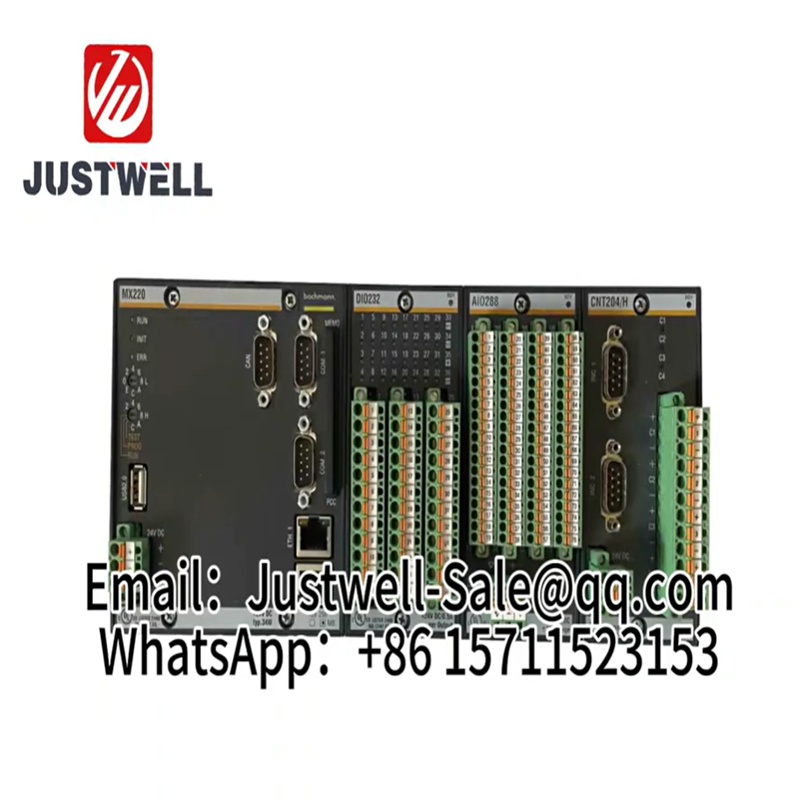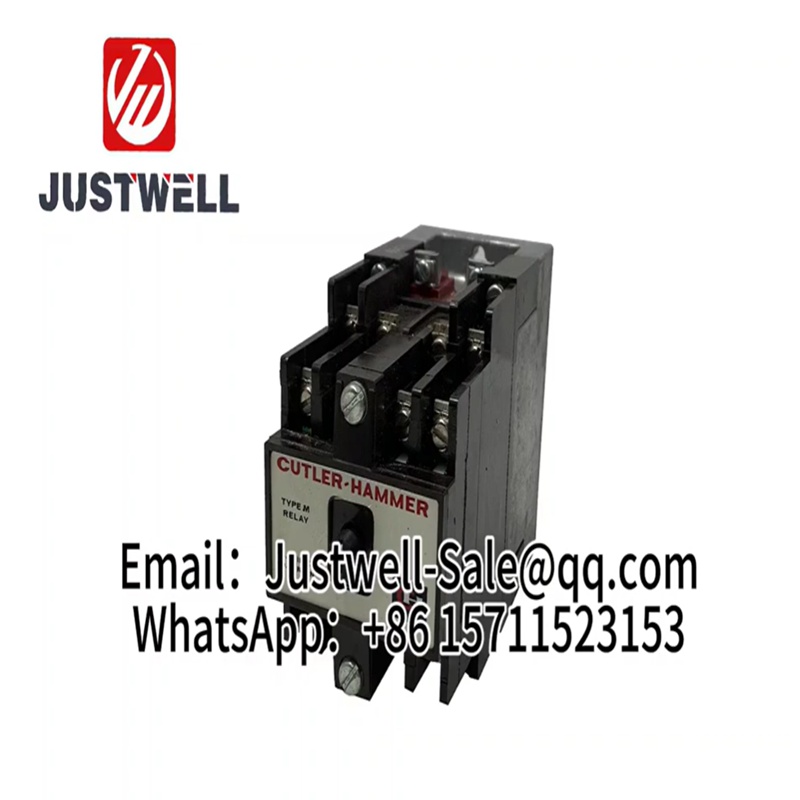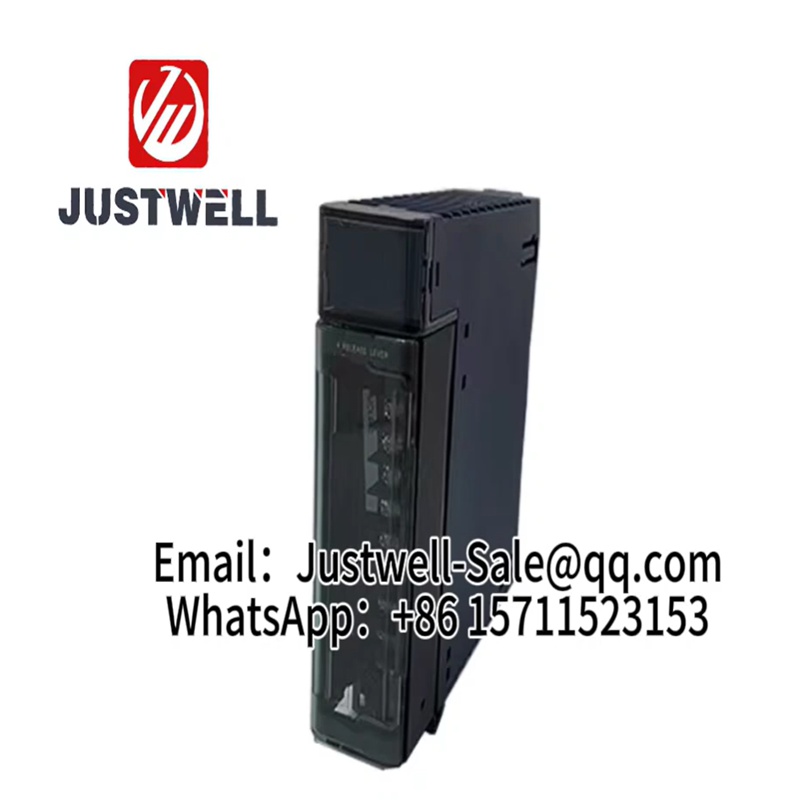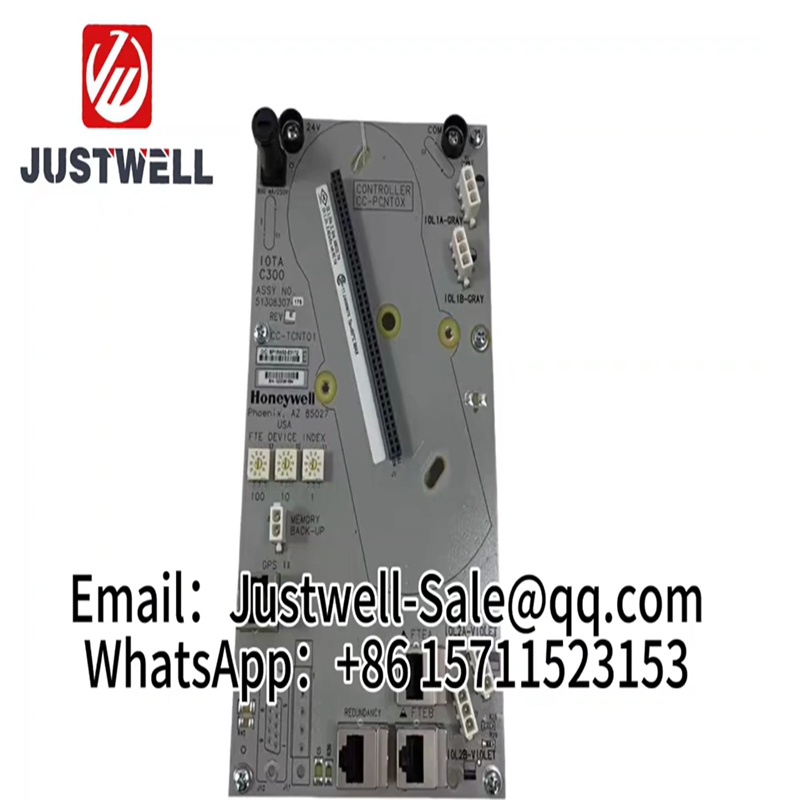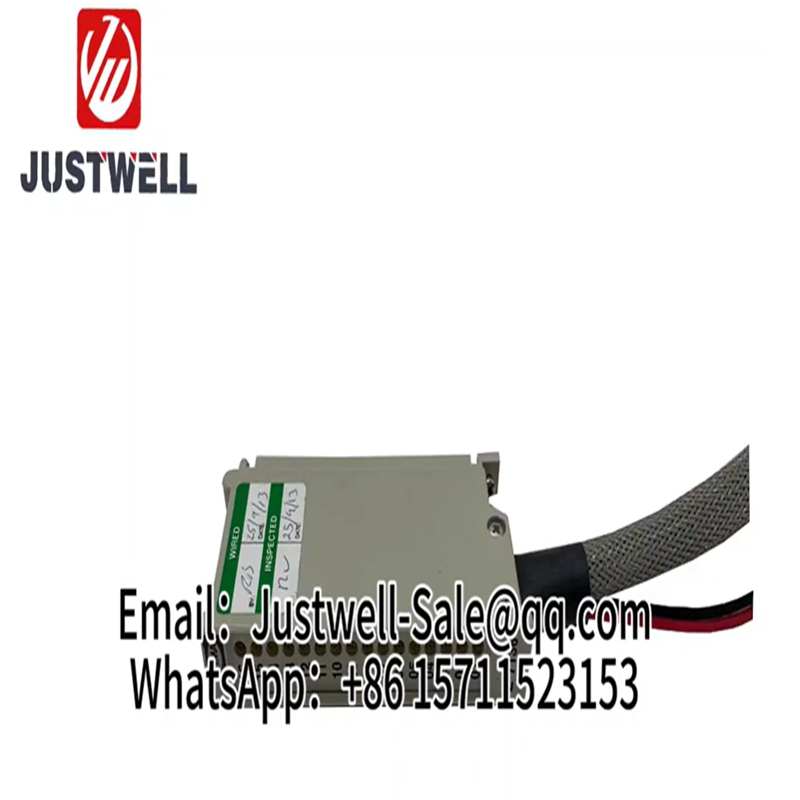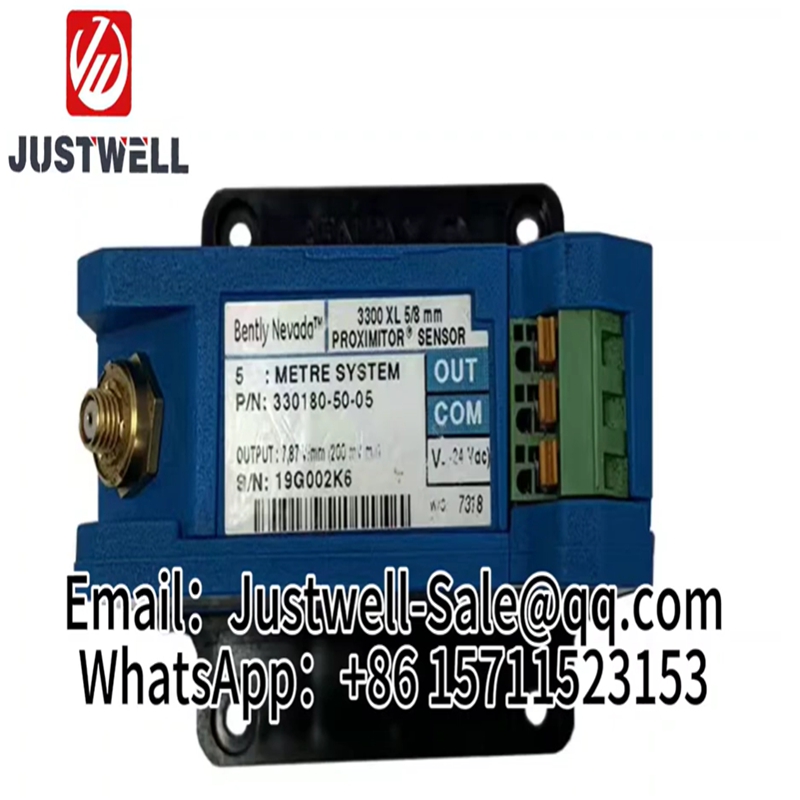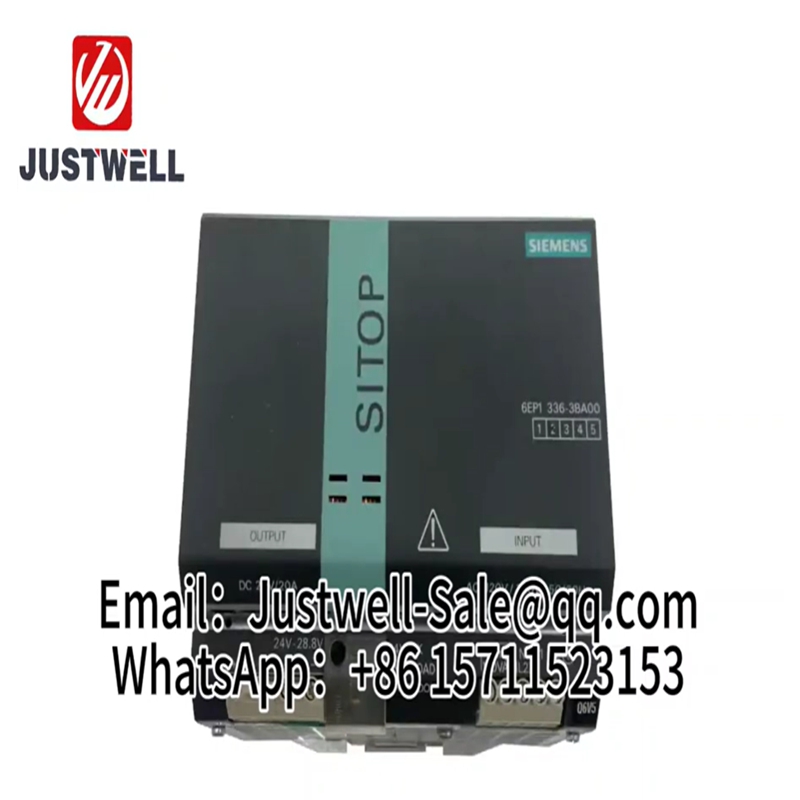+86 15711523153Justwell-Sale@qq.com
UsefulLinks
- Home
- Brands
- ABB
- Allen-Bradley
- BENTLY NEVADA
- B&R
- BACHMANN
- BOSCH
- CISCO
- EATON
- ELAU
- EMERSON
- ENTERASYS
- EPRO
- EUROTHEM
- FOXBORO
- GE
- GE FANUC
- HIMA
- HITACHI
- HONEYWELL
- ICSTRIPLEX
- KOLLMORGEN
- KONGSBERG
- kuka
- Lenze
- Mesto
- MITSUBISHI
- MOOG
- MOTOROLA
- NI
- OMRON
- Panasonic
- PHOENIX
- PILZ
- ProSoft
- REDLION
- RELIANCE
- Rexroth
- SAIA
- SANYO
- Schneider
- SEW
- SICK
- siemens
- SIS
- Products
- Videos
- Download
- News & Events
- About Us
- Home
- Brands
- ABB
- Allen-Bradley
- BENTLY NEVADA
- B&R
- BACHMANN
- BOSCH
- CISCO
- EATON
- ELAU
- EMERSON
- ENTERASYS
- EPRO
- EUROTHEM
- FOXBORO
- GE
- GE FANUC
- HIMA
- HITACHI
- HONEYWELL
- ICSTRIPLEX
- KOLLMORGEN
- KONGSBERG
- kuka
- Lenze
- Mesto
- MITSUBISHI
- MOOG
- MOTOROLA
- NI
- OMRON
- Panasonic
- PHOENIX
- PILZ
- ProSoft
- REDLION
- RELIANCE
- Rexroth
- SAIA
- SANYO
- Schneider
- SEW
- SICK
- siemens
- SIS
- Products
- Videos
- Download
- News & Events
- About Us
You are here:
- Home
- Article author JUSTWELL

